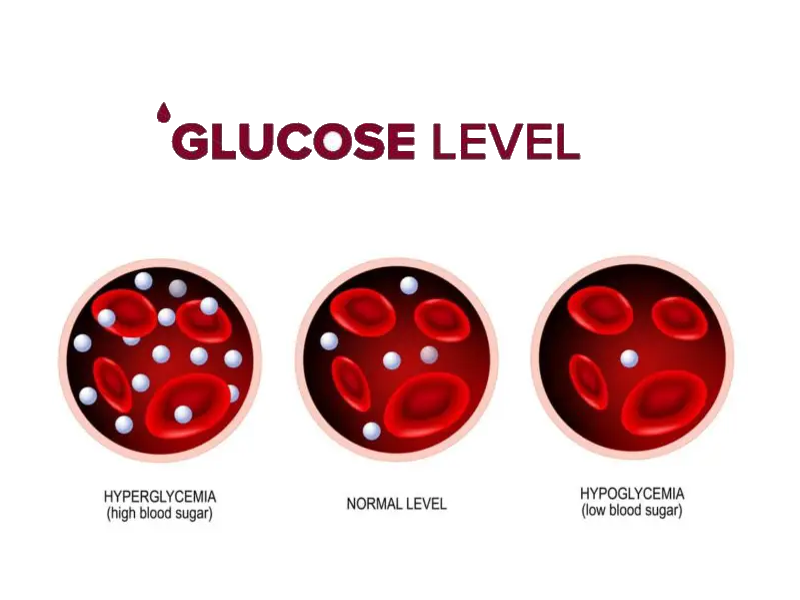Hypoglycemia, also known as low blood sugar, is a condition characterized by abnormally low levels of glucose in the bloodstream. Glucose is the primary source of energy for the body’s cells, and it is obtained primarily from the digestion of carbohydrates in the diet. When glucose levels in the bloodstream fall below normal, the body may not have enough energy to perform its normal functions, leading to symptoms of hypoglycemia.
The most common cause of hypoglycemia is the use of insulin or other medications used to treat diabetes. People with diabetes take insulin to regulate their blood sugar levels, but if they take too much insulin, their glucose levels can drop too low, leading to hypoglycemia. Other causes of hypoglycemia include fasting or skipping meals, drinking too much alcohol, and taking certain medications that can lower blood sugar levels.
The symptoms of hypoglycemia can vary from person to person and can range from mild to severe. Some common symptoms include feeling shaky or jittery, feeling weak or tired, sweating, headache, blurred vision, confusion, irritability, and difficulty concentrating. In severe cases, hypoglycemia can cause seizures, unconsciousness, and even death.
Diagnosing hypoglycemia involves measuring the level of glucose in the bloodstream. This can be done using a blood test or a continuous glucose monitoring device. The diagnosis of hypoglycemia may also involve ruling out other potential causes of low blood sugar, such as liver or kidney disease, adrenal gland problems, or certain types of tumors.
Treatment for hypoglycemia depends on the severity of the symptoms and the underlying cause of the condition. For mild cases, eating or drinking something sugary, such as fruit juice or candy, can quickly raise blood sugar levels. For more severe cases, a glucagon injection may be necessary. Glucagon is a hormone produced by the pancreas that raises blood sugar levels by stimulating the liver to release stored glucose into the bloodstream.
In people with diabetes, managing hypoglycemia involves adjusting insulin doses, eating regularly, and monitoring blood sugar levels. This may also involve working with a healthcare provider to develop a meal plan that includes the right balance of carbohydrates, protein, and fats to maintain stable blood sugar levels.
Preventing hypoglycemia can be achieved by following a balanced and healthy diet, monitoring blood sugar levels regularly, and being mindful of the effects of physical activity and stress on blood sugar levels. For people with diabetes, it is also important to check blood sugar levels before driving or engaging in other activities that require alertness and coordination.
In conclusion, hypoglycemia is a condition characterized by abnormally low levels of glucose in the bloodstream that can cause a range of symptoms. The most common cause of hypoglycemia is the use of insulin or other medications used to treat diabetes, but it can also be caused by other factors such as fasting, alcohol consumption, and certain medications. Early recognition and treatment of hypoglycemia can help prevent more serious consequences and improve overall quality of life. It is important for people with hypoglycemia to work closely with their healthcare provider to develop a plan for managing their condition and preventing future episodes.
